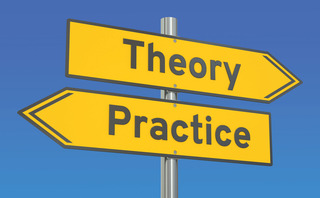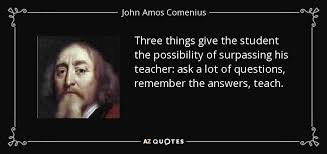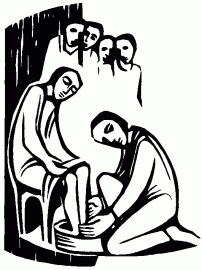there’s a big chance that you are -like me- a little more pragmatical person. dozens of theoretical books to read for exams, personal development and in order to make it as a professional. at least that’s what the certificate states.
i for myself enjoy to learn from the books professors recommend as compulsory. but sometimes i have the feeling it’s not enough for a proper preparation. many university courses are not a “how-to” or don’t inspire sufficiently. there is a big gap between theory and practice, theory and inspirational learning. if the educational system is not fairly practical, we might find ourselves in the situation of not knowing what to do with the thousands of pages we read.

so let’s try to mind the gap. mind the gap – originally used to warn passengers getting on the train/bus/metro – has also the meaning to deal with the void. in our case the void between uninspiring theory and practical ability.
here’s what i propose in order to mind the gap:
during studies or already being in practice search for people in you profession that inspire you. if it’s possible meet and ask for advice – until here nothing new or complicated. but an old roadster can surely recommend some good books to read for your profession. and i’m sure, that one who is in the profession for many years, won’t suggest you books that are packed with boring or ununderstandable theory. instead, they will give you titles that will inspire and grow you wings.
i ask every pastor, psychologist, theologian and people who work in a helping profession to give me their top 5 list of books that could inspire me as a further professional. i collect the lists and after 15-20 lists i compare the lists and choose the books with the most occurrences and add them on my to-read list.
this is one practical way i try to mind the gap.

what’s your excuse?





You must be logged in to post a comment.